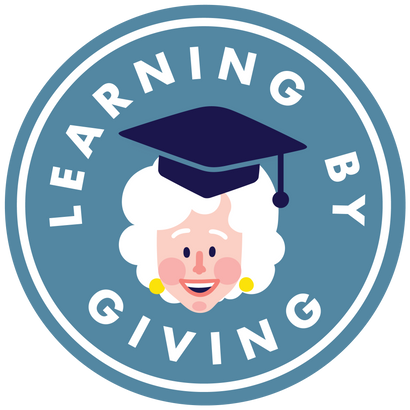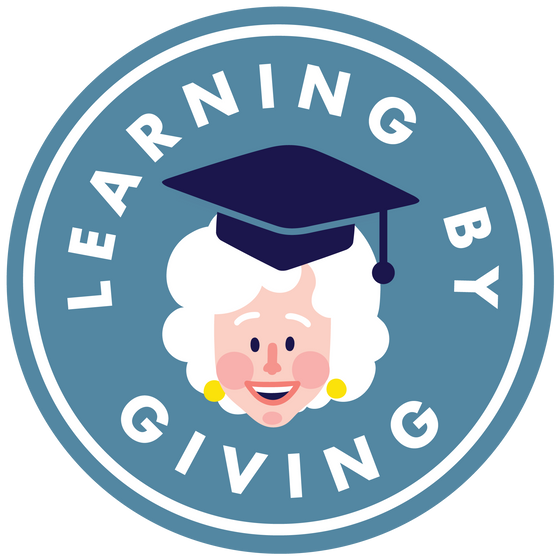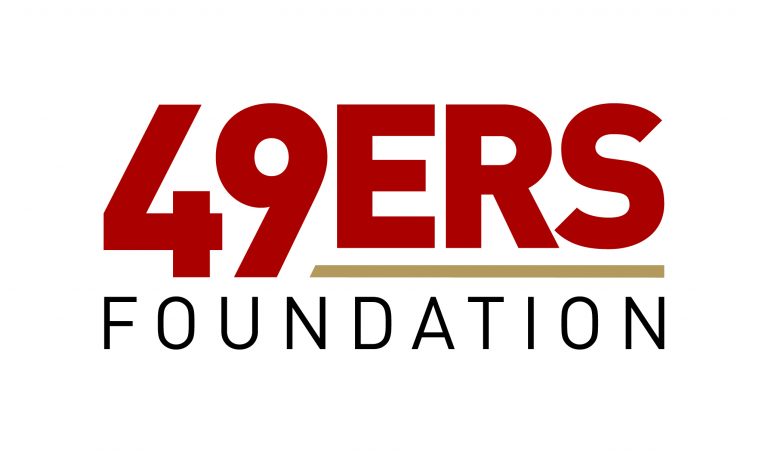
Bridge Over Troubled Waters
Bridge Over Troubled Waters provides effective and innovative services to runaway, homeless and high-risk youth, helps youth avoid a lifetime of dependency on social services, guides youth towards self-sufficiency, and enables youth to transform their lives and build fulfilling, meaningful futures.
COVID-19 Response
Increased access to showers and laundry facilities to help youth stay clean and healthy Staggered mealtimes to discourage communal gatherings Extra distance and alternating positions between beds to reduce the spread of germs Social distancing protocols in all programs and administrative offices Timely and transparent updates for youth and staff on virus status and best practices for protection Additional emotional support for youth who are managing their mental health through high-anxiety
Relevancy
Throughout our nearly 50-year history, Bridge Over Troubled Waters has continued to serve homeless, runaway and at-risk youth, ages 14-24, by partnering with individuals to overcome past trauma and become self-sufficient, independent adults. While Bridge provides the innovative and proven programs and services, this work happens because we are able to “meet youth where they’re at” (both physically – on the street or in adult shelters – and mentally – by using trauma-informed practices and counseling) and support each youth as they transform their own lives. In addition to partnering with the individuals we serve, Bridge also works with key local institutions – such as MA DCF – to help provide a network of support, as well as with adult shelters in the cities of Boston and Cambridge to create a network of referrals. Bridge is also an active partner in the Mayor’s Plan to End Youth Homelessness, a city-wide effort to establish and strengthen programs and partnerships that will help homeless young people in our community. Bridge is also an active advocate on a national level for youth experiencing homelessness, regularly attending and presenting at conferences with the Family and Youth Services Bureau (FYSB), part of the U.S. Administration of Youth and Families. Through our continual conversations with the youth we serve and by evaluating the data we collect, Bridge has learned how to best partner with youth, strengthen services, and continue to innovate as new technologies and learnings have informed our work over the years.
Impact
Success is defined at Bridge by the movement of youth from instability toward stable, self-sufficient futures. This includes movement toward educational achievement, job opportunities and retention, housing attainment, and life skills management. Bridge strongly believes that each one of these aspects is critical to long-term success and works with each youth to set and achieve goals in these areas. Each individual youth served at Bridge is the driver of their own future, constantly working with counselors and program staff to set, drive toward and achieve realistic, incremental and long-term goals. Youth feedback is solicited at every stage of their progress through reflective conversations and goal-oriented work. Bridge uses Social Solutions ETO Impact Software for data collection and systems management, which allows our staff to develop detailed analytical reports on demographics, risk factors, services provided, and program outcomes. Information from staff is also gathered through informal surveys, questionnaires, weekly meetings among program coordinators, and weekly supervision by the Program Director. Meeting quarterly targets for each program determines success with the program. Bridge program leadership also stay connected and relevant with leaders on the local, statewide and national level to report success and converse on challenges.
Sustainability
Bridge’s Development Team maintains an inclusive and systematic fundraising and calendar each fiscal year (July 1-June 30) to raise critical funds through government, corporate and private foundation grant submissions, individual donor appeals and solicitations, and impactful partnerships. Bridge partners with individuals, companies, and other social service organizations to host third-party events with proceeds allocated to Bridge as well as engages in various cause marketing collaborations with area retailers. Bridge publishes newsletters and an annual report to thank its donors and partners. Bridge engages in an active media campaign through e-marketing, advertising, and social media via Facebook, Twitter, Instagram, and its website, as well as exposure through local newspapers, television, and radio serving as an expert on the topic of homeless youth services. Bridge has met its annual budget since 1970 and practices fiscally responsible governing practices. The organization files a 990 and is audited on an annual basis. Increases to the budget are always thoughtfully considered and tied back to relevance to the mission and ability to move our goals in serving homeless youth forward.
Excellence in Management and Operations
Bridge is governed by a 15-member Board of Directors who plans for the agency’s future, guides current development, and assists in program evaluation and performance to fully ensure the sustainability of Bridge’s mission. Board Committees – Executive, Nominating/Outreach, Program, Governance/Strategy, Finance, Development, Investment, and Real Estate – meet in between full Board meetings. Bridge’s 70-person staff is led by Executive Director Elisabeth Jackson, who is appointed by the Board. With a long-term connection to Bridge, first as Coordinator of the agency’s front-line Medical Van service, as a member of the Board of Directors, and then as Interim Executive Director, Elisabeth has a proven commitment to youth and strong ties to the legacy of responsive and accountable programming instilled by the agency’s founders over the years of their tenure. Bridge Over Troubled Waters is currently building a matrix for long-term growth and sustainability, with an eye toward building leadership. The Nominating Committee designated that diversity among Board appointments is a top priority and must reflect the youth that Bridge serves. Currently, 50% of the officers on the Board are black and 60% of the full Board membership identifies as female. Bridge celebrates diversity and continually updates its employee handbook to include equity, core value, and diversity policies. Bridge administration leadership takes all feedback very seriously and continually works to promote inclusionary practices in language and in action.





